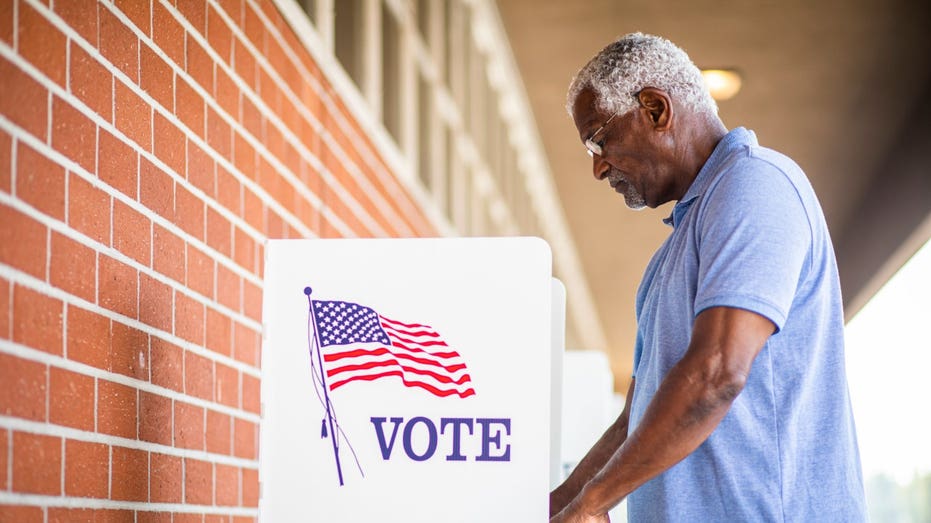Protecting Seniors from Election-Season Scams: How to Stay Safe Ahead of the November 4 Vote

As the November 4 elections approach, the focus should be on civic participation and making your voice heard. Unfortunately, scammers see this period as a prime opportunity to target retirees with deceptive tactics designed to steal personal information, money, or even manipulate their votes. Awareness and proactive measures are crucial to safeguard yourself and loved ones during this critical time.
Understanding How Scammers Exploit Voter Data
Public voter registration records, intended for transparency, are often accessible online or sold by data brokers. These lists contain sensitive details such as names, addresses, age, and voting history. Criminals harvest this information to craft convincing scams, especially targeting seniors who may be less aware of how their data is disseminated. This exposure increases the risk of fraud, phishing, and identity theft.
To assess your online data footprint, consider using free data exposure scanners available through reputable cybersecurity resources. Regular checks can help identify if your personal information is publicly accessible and take steps to limit it.
-
AI Empowers Paralyzed Individual to Command Robotic Arm Using Brain Signals

-
Social Media Verification Losing Its Edge: Scammers Exploit Checkmark Purchases to Fake Legitimacy

-
YouTube Settles Trump Lawsuit with $24.5 Million Payout, Donates to National Mall

- Xbox Wireless Gaming Headset Review: Dolby Atmos Spatial Audio for Xbox & PC
Visit [CyberGuy.com](https://cyberguy.com) for a free scan and tips on reducing your data exposure.
Common Election-Related Scams to Watch For
Fraudsters are deploying various tactics as election day nears:
- A call, text, or email claiming that your polling location has changed, prompting you to visit fake websites requesting personal details like Social Security numbers or identification info.
- Impersonation of election officials warning that your voter ID is outdated, urging you to upload personal documents that scammers collect and misuse.
- Fake political donation sites that mimic real campaigns, targeting politically active or generous seniors. These scammers may also send emails offering ballot tracking or assistance, all while stealing your data.
Always verify information through official channels, and be cautious of unsolicited requests for personal or financial details during election season.
Protect Your Retirement and Personal Data
Limiting the amount of personal information available online significantly reduces your vulnerability. Since scammers can build detailed profiles using publicly accessible data, taking control of your digital footprint is an essential step. Data removal services can assist by submitting requests to hundreds of data broker sites, helping to erase your information from the web and reduce targeted scams.
While no method guarantees complete privacy, these services are effective in decreasing scam risks. They actively monitor and remove your data, making it harder for fraudsters to exploit your information, especially during high-stakes periods like elections.
Learn more about data removal options at [CyberGuy.com](https://cyberguy.com), and consider professional services to protect your digital identity.
Practical Steps to Stay Safe During Voting Season
- Ignore suspicious messages about polling locations; contact your local election office directly through official websites for updates.
- Use only trusted, official election sites for ballot tracking and voting information.
- Implement a credit freeze to prevent scammers from opening accounts in your name, especially if you rarely need new credit lines.
- Type campaign URLs directly into your browser when donating, avoiding links in emails or social media ads.
Remaining vigilant and verifying sources help ensure your voting process remains secure and trustworthy.
